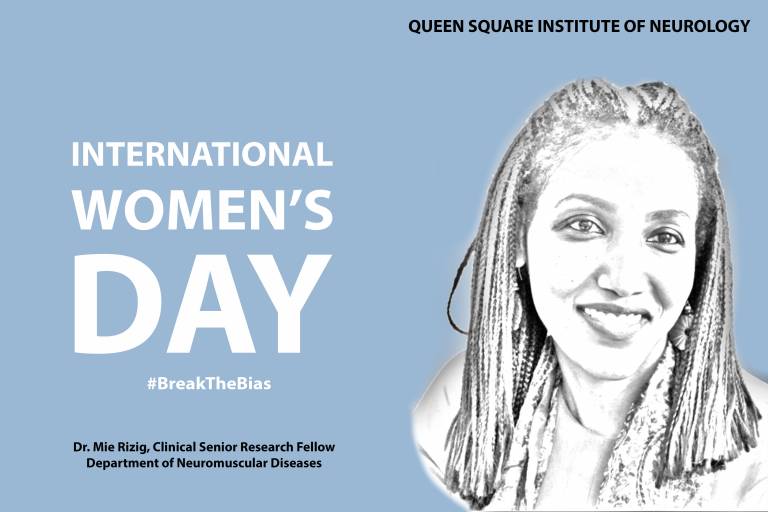
Can you give us an overview of your current position and explain what your career path to this role was?
Currently, I am a senior clinical research fellow at the Institute of Neurology and a specialist registrar in neurology at imperial College London. My research interest is studying the clinical and genetic diversity of Parkinson’s disease (PD) and other neurodegenerative conditions in black populations in Sub-Saharan Africa and the African diaspora in the UK. In addition, I work with collaborators and institutions in several African countries aiming to improve research standards and education of health professionals, and to raise awareness of PD in patients, relatives, and communities. Before embarking on my current research, I completed a postdoctoral clinical research fellowship for 3 years with Prof. Nick Wood at the UCL, Institute of Neurology, recruiting and characterizing a large cohort of PD patients with the rare LRRK2 gene mutation. During this time, I realised that—despite substantial advances in the genetics of movement disorders—almost no research had been done in patients from African decent including Black Africans and Black Caribbean - which led me to initiate my current research project. I studied medicine at the University of Khartoum, in Sudan and I completed my general medical training in several London hospitals. I have a master’s degree and a PhD in molecular genetics from University College London (UCL). And I obtained a diploma in clinical neurology from the UCL institute of neurology.
Can you tell us about a piece of work that you are particularly proud of?
I have led the development of an international collaboration of neurologists and neuroscientists from 12 African countries. The International Parkinson’s Disease Genomics Consortium Africa (IPDGC Africa - https://www.ipdgc-africa.com/) has now a membership of over 110 doctors and scientists and has developed links with other international Parkinson’s disease programmes. The main mission of the IPDGC Africa is to improve understanding of Parkinson’s’ diseases and other neurodegenerative conditions in the African continent through clinical and genetic research. In addition, this new initiative is dedicated to support training, building capacity and to improve patients and public involvement in the collaborating African countries. Most recently, the IPDGC Africa - with the support from UCL grand challenges fund- has launched a health literacy campaign in Parkinson’s disease in 12 different, local African languages. The campaign is a first of its kind and aims to break language barriers by providing written and audio-visual materials to African patients and their relatives in their local dialects using culturally appropriate massages.
What advice would you give to your younger self?
I would describe myself as a fearless, passionate perfectionist. However, such qualities, if I were able to give advice to my younger self need to be adhered to with caution and ideally with a pinch of pragmatism.
Who is a female role model to you? Why?
My grandmother is my female role model. She was fierce, determined, and against huge odds, she was a successful entrepreneur while bringing up on her own 5 girls in Sudan during the 1960s and 1970s. She loved science and technology and made sure that all her children completed university and for the generation of women that came after them—including myself—to go even further and obtain the highest possible postgraduate degrees: at the same time as making a difference in the lives of people around them especially those from under-served communities.
Do you feel you have a good work / life balance? Why?
No. The demands of both the research and the NHS work are high. Each alone is a tough-time consuming job; together they make it impossible to have a balance between work and life. But I am blessed by a wonderful husband and a close family who’s love and support can make the unbearable bearable. They always balance my life.
What is your favorite thing to do in your spare time?
Watching movies. I love cinema; if I had not gone into medicine and genetics, I would have been a film director.
 Close
Close

